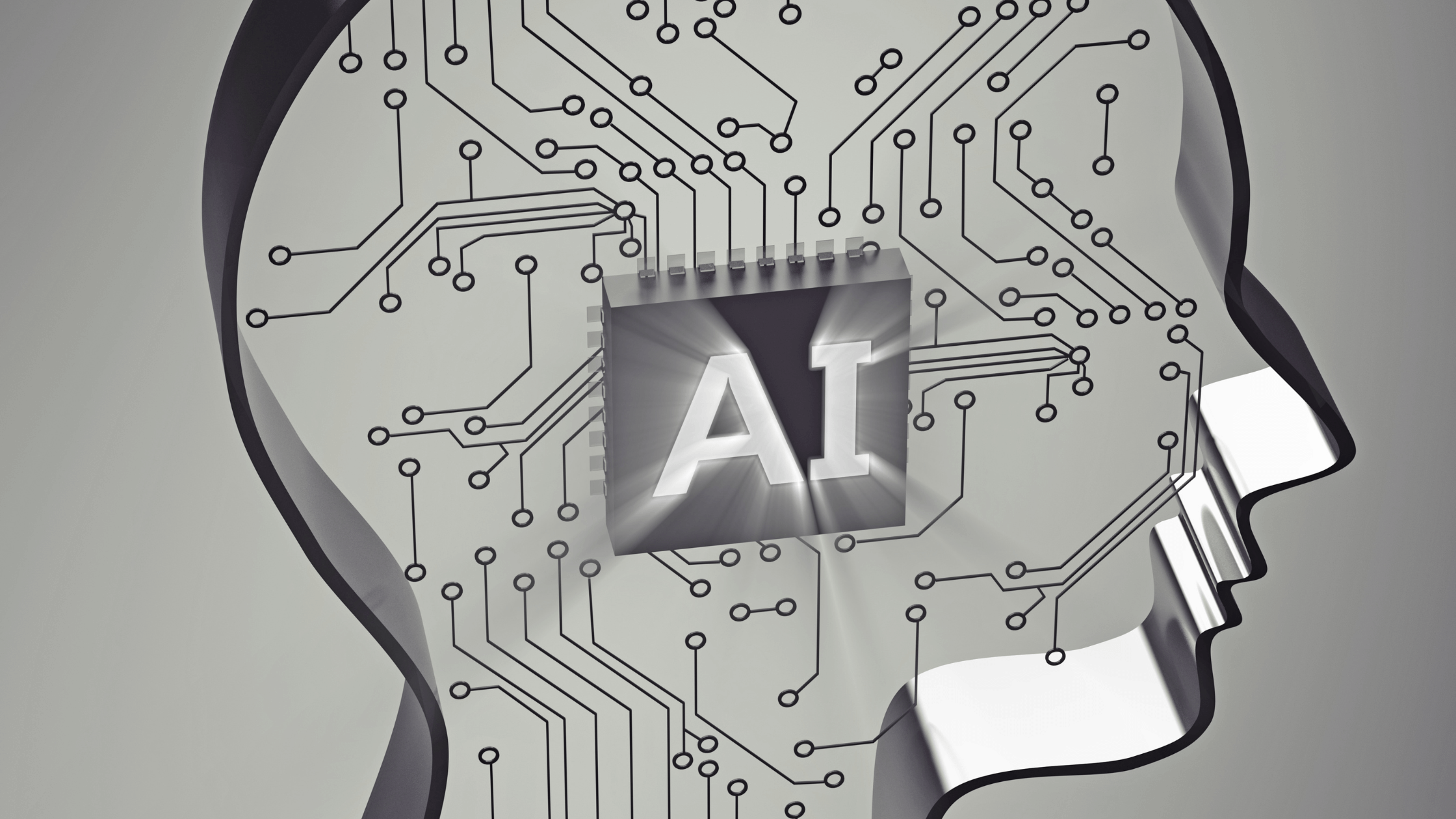Artificial Intelligence (AI) has emerged as a transformative technology, revolutionizing various industries and enhancing our daily lives. From personalized recommendations to autonomous vehicles, AI systems are increasingly pervasive. However, with such power comes a responsibility to address ethical considerations associated with AI development. Therefore, in this blog post, we will delve into the importance of ethics in AI, mainly focusing on algorithmic bias, data privacy, and the significance of designing and deploying AI systems responsibly.
Algorithmic Bias: The Hidden Danger
Algorithmic bias refers to the unintentional favoritism or discrimination that AI systems can exhibit due to biased data or flawed algorithms. For example, while AI should be objective and impartial, it can inadvertently perpetuate and amplify existing societal biases in the training data.
One notable example is in the recruitment industry. Suppose a company uses AI to screen job applications. Due to biased historical hiring data, the algorithm may unknowingly prefer candidates from specific backgrounds. As a result, that perpetuates existing inequalities and undermines the goal of fair hiring practices.
Addressing algorithmic bias requires careful examination of training data, continuous monitoring of AI systems, and diverse and inclusive teams working on AI development. Furthermore, organizations must be transparent about their systems’ biases and work tirelessly to mitigate them.
Data Privacy: Safeguarding User Information
AI systems thrive on vast data to learn and make accurate predictions. However, this data often comprises sensitive and personal information about users. Data privacy is a critical ethical concern in AI development, as mishandling this data can lead to severe consequences, including identity theft and breaches of personal privacy.
Companies and developers must adhere to strict data privacy regulations and implement robust security measures to protect user information. For example, anonymization and encryption techniques can ensure data is used responsibly and only for the intended purposes.
Moreover, obtaining informed consent from users is essential. Users must be aware of how companies will use their data and can opt out if they feel uncomfortable with the data collection and processing practices.
Responsible AI Development: Putting Humans First
Responsible AI development means putting humans first and ensuring that AI systems will serve humanity ethically. As a result, developers should actively consider the potential social impact of their AI applications throughout the entire development process.
Transparency and explainability are crucial aspects of responsible AI. Additionally, users should be able to understand how an AI system arrived at a specific decision or recommendation. This transparency builds trust and empowers users to question and challenge AI outcomes when necessary.
Testing AI systems in diverse real-world scenarios is essential to identify and mitigate biases or unintended consequences. Feedback loops with end-users are valuable for continually improving and fine-tuning AI models, making them more equitable and reliable.
Conclusion
AI technology holds immense promise, but it also comes with ethical responsibilities. Addressing ethics in AI when it comes to algorithmic bias, safeguarding data privacy, and promoting responsible AI development is vital for building AI systems that benefit society.
As AI increasingly integrates into our lives, developers, policymakers, and users must collaborate to establish robust ethical frameworks that govern AI development and usage. Embracing ethics in AI will lead us toward a future where AI technologies are robust but also fair, transparent, and empathetic, creating a positive impact on humanity while minimizing potential risks and pitfalls. By doing so, we can ensure that AI remains a force for good in our ever-evolving world.

